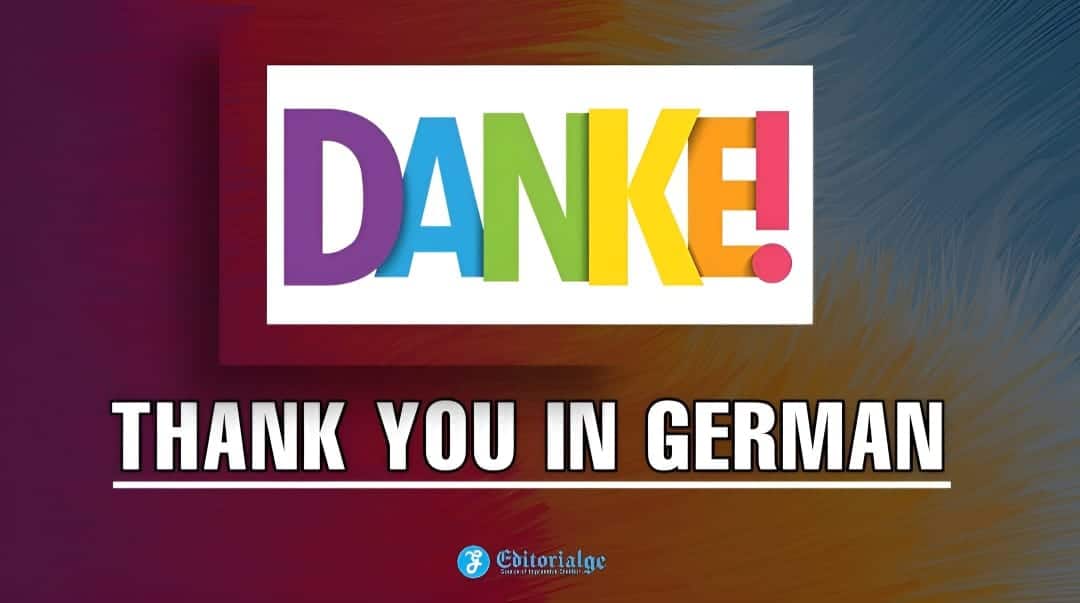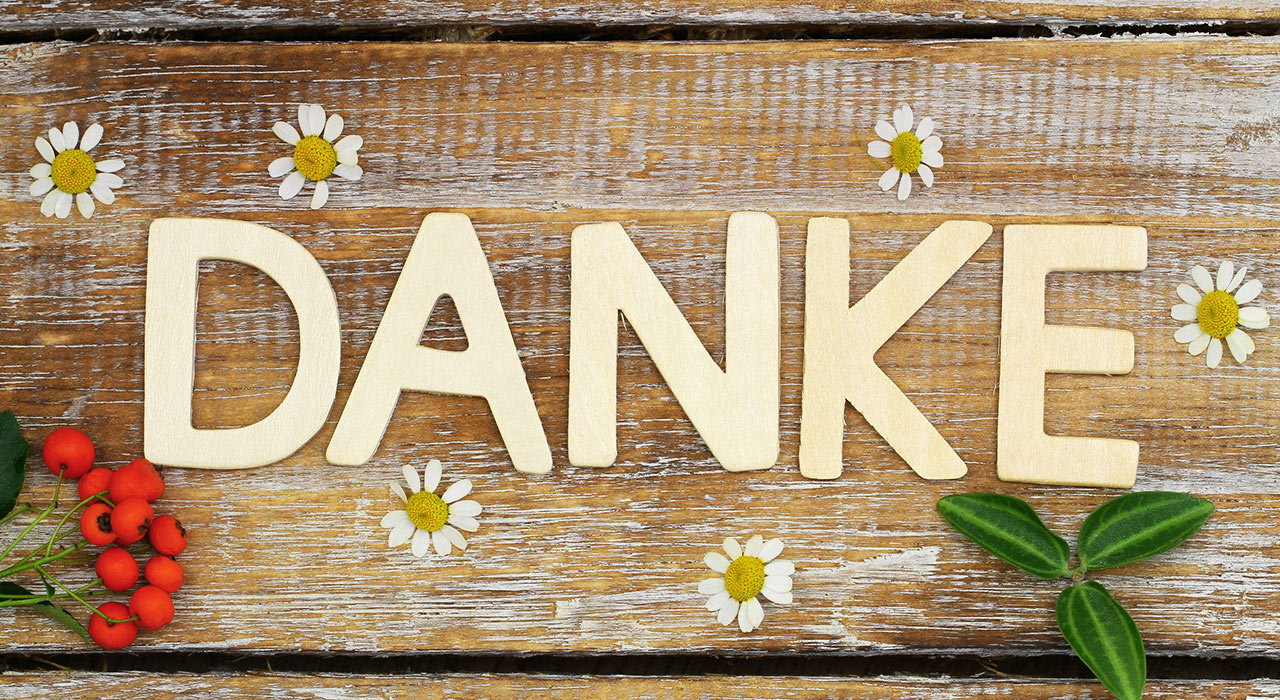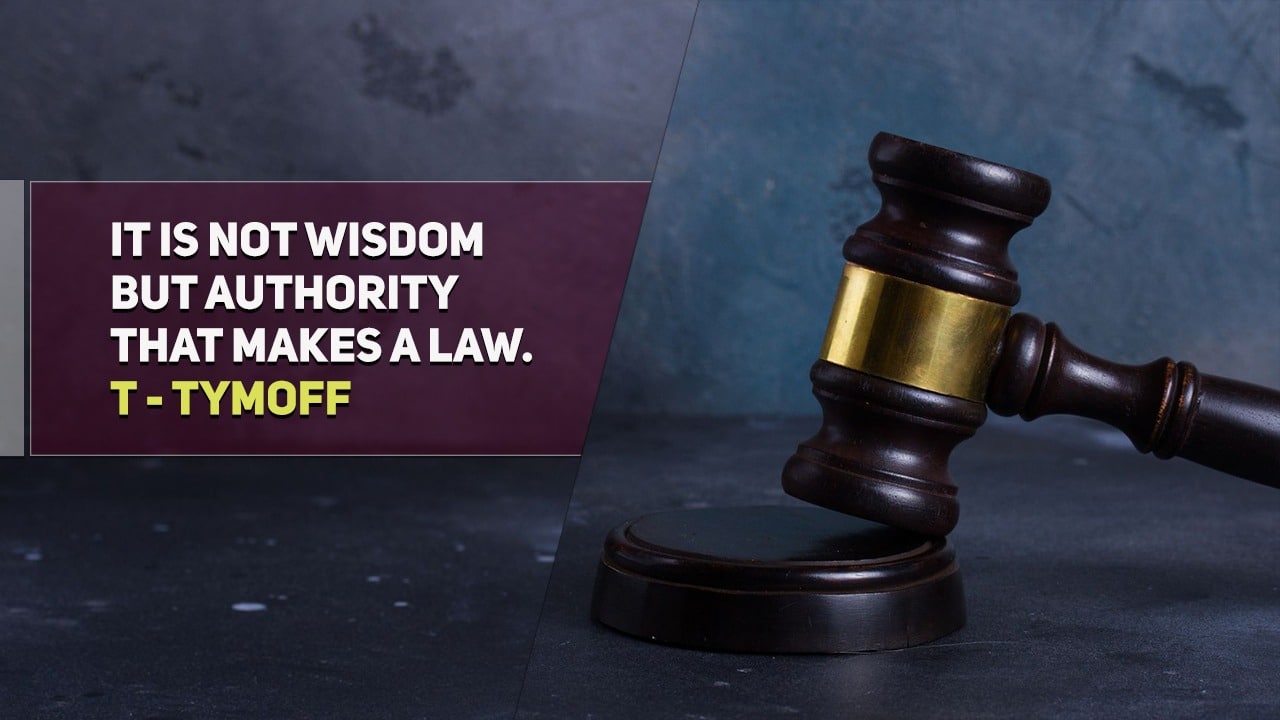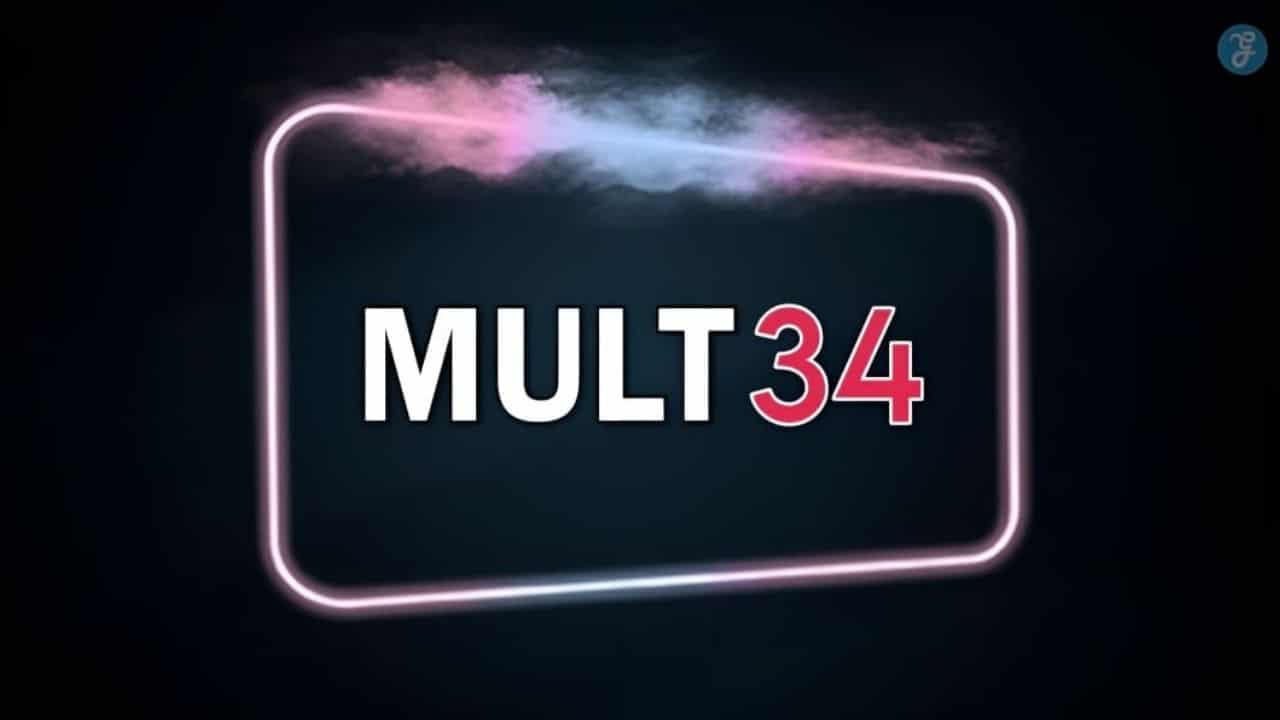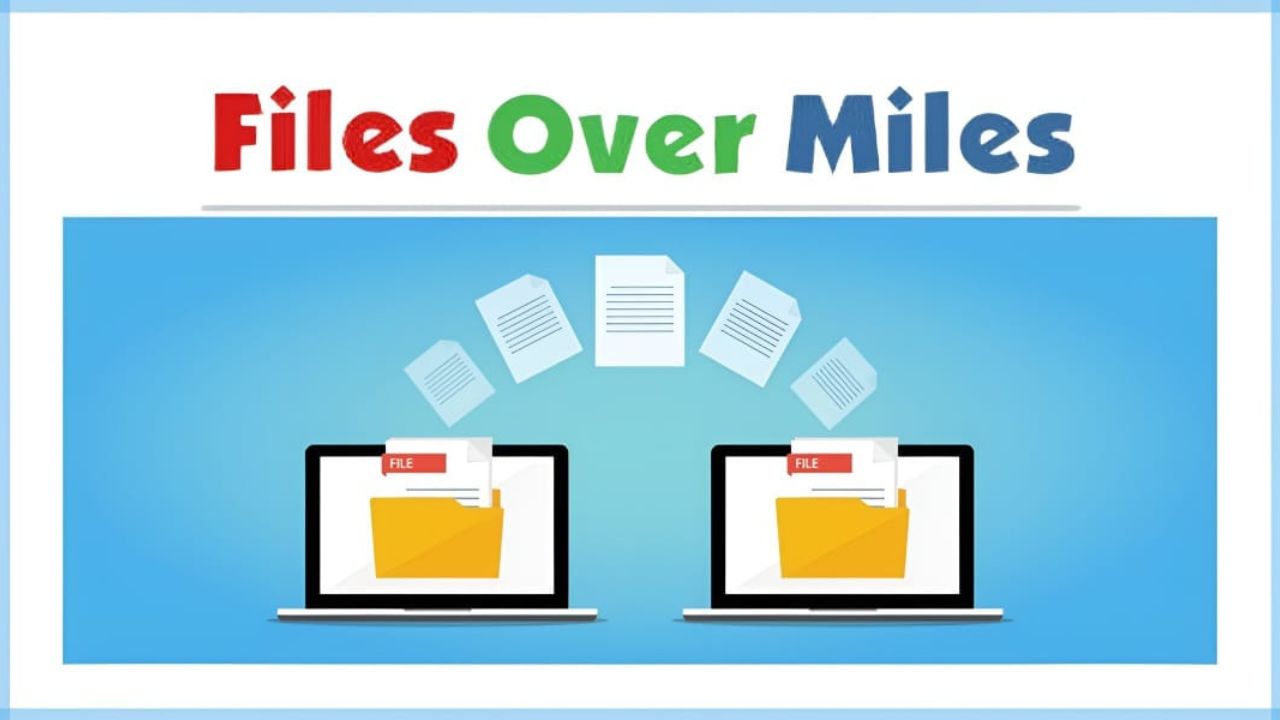Listen to the Podcast:
Today we are discussing German etiquette. How do you say thank you in German depending on the social situation, how well you know the person, or what you are talking about? We all know that when the situation calls for it, a simple “thank you” in German (Danke!) can do wonders.
Not only is it polite to say “thank you” in a foreign language, but it also shows that you respect the culture and country you are visiting. When we were young, one of the first things we learned was how to say “thank you”: “Tell the kind man to thank you for the chocolate!” All of us can remember that! Learning German, or any other language, isn’t much different from learning to speak.
You start with simple words like “thank you” and “you’re welcome,” and then you move on to more advanced words like different ways to say the same things you already know. There are many different ways to say “thank you” in English. Some of them are “thanks,” “thank you,” “thanks a bunch,” and “I’m eternally grateful to you.” Of course, the German language is no different. Let’s learn the best German ways to say “thank you.”
How to Say Thank You in German?
When you talk to Germans you don’t know, being polite will get you a long way. The basic German word for “thank you” is “danke” (DAHNK-uh). But, just like in other languages, there are many different ways how to say thank you, depending on the situation. You should also know how to respond politely when someone thanks you for something you’ve said or done.
Read More: Thank You in Hindi
Top 35 Ways How to Say Thank you in German – At a Glance
|
English |
German |
|
Thanks |
Danke |
|
Thank you |
Dankeschön |
|
I’m Thankful To You |
Ich bin dir dankbar |
|
Thank you very much |
Danke schön / danke sehr |
|
Thank you kindly |
Danke schön |
|
Many thanks |
Vielen Dank |
|
Heartfelt thanks |
Herzlichen Dank! |
|
I would like to thank you sincerely |
Ich möchte mich recht herzlich bedanken |
|
Thanks a million |
Tausend Dank |
|
Thanks for everything |
vielen Dank für alles |
|
Best Thanks |
Besten Dank |
|
Thank you that’s nice |
Danke, das ist nett. |
|
I give you my thanks |
Ich danke Ihnen |
|
Thank you, that’s very kind of you |
Danke sehr aufmerksam |
|
Thanks in Advance |
danke im voraus |
|
Many thanks again |
Vielen Dank nochmal / nochmals |
|
Thanks a lot |
vielen Dank |
|
I thank you |
Ich bedanke mich |
|
I am very grateful to you for |
Ich bin Ihnen sehr dankbar für |
|
I offer my thanks |
Ich bedanke mich! |
|
May God reward you for it |
Vergelt’s Gott |
|
I thank them |
Ich danke ihnen |
|
Thank you very much |
Vielen Dank |
|
I am thankful. |
Ich bin dankbar |
|
Many thanks for all |
Vielen dank für alles |
|
Thank you for the Wonderful Time |
Danke für die schöne Zeit |
|
Thanks, you too! |
Danke, gleichfalls |
|
No, thanks |
Nein, danke |
|
Have many thanks |
Haben Sie vielen Dank |
|
Thank you, my friend (male) |
Danke, mein Freund |
|
Thank you, my friend (female) |
Thank you, my friend (female) |
|
Perfect, thank you |
Okay, danke |
|
Thank you for the gift |
Danke für das Geschenk |
|
Thanks for your time |
Danke für deine Zeit |
23 Sincere Ways to Say “Thank You”
Depending on the situation, there are different ways to say “thank you” in German. But it’s important to know when to use each term and how. What’s cool about this language is that you can’t thank someone in writing and in person in the same way. The same in both formal and casual situations. Because of this, we’re going to show you the most common ways to say “thank you.”
Read Also: Water in Italian
1. “Thanks” in German – Danke
First, let’s talk about the basics. Danke is the German word for “thank you.” This is probably the most common way for a German speaker to say “Thank you.” Because of this, it will be useful in many different ways.
But saying “thanks” is kind of boring, so I want to show you a few other things you can say.
2.”I’m Thankful To You” – Ich bin dir dankbar
When talking to only one person, you use this phrase. You could say this to someone in private if they helped you with an online work presentation or were there for you when things were hard. But you can also use it in less serious situations!
3. “Thank you Very Much” – Danke schön / danke sehr
Thank you already, and thank you very much is a bit more formal. These two phrases are often used in business or to show a little more gratitude than the shorter and simpler “Danke.”
4. “Thank you Kindly”– Danke schön
Schon means “beautiful,” so there is no direct translation for Danke schon. The German word can also mean “nice.” When used with Danke, it means that you are saying “thank you” in a nice or polite way in German.
5. “Many Thanks”– Vielen Dank
Do you know that feeling when someone has helped you a lot, and you’re really thankful? Well, that’s a great time to say “Vielen Dank!” in German to say thank you.
6. “Heartfelt Thanks” – Herzlichen Dank!
The German word for heart is Herz, so you can say herzlichen Dank when you want to show that your thanks come from the heart. You could also say “thank you from the bottom of your heart.”
7. “I Would Like to Thank you Sincerely” – Ich möchte mich recht herzlich bedanken
This sentence is full of formal language and could be used in a formal or professional setting. Herzlich means “from the heart,” and it’s an adjective that makes a German thank you stronger.
In fact, this phrase has a tone of sincerity that makes it appropriate to use when someone has gone out of their way to help you.
Also Read: Thank You in Spanish
8. “Thanks a Million”–Tausend Dank
Tausend Dank means “a thousand thanks” if you want to say it in English. It’s the least formal of the “thank you very much” phrases on this list, but you could still use it with close coworkers or other people with whom you work closely.
9. “Thanks for Everything” – vielen Dank für alles
If you want to thank someone for more than one thing, say “Vielen Dank für alles.” Many thanks for everything is what “vielen Dank für alles” means in English. This phrase is for someone who has helped you in a lot of different ways or over a long period of time.
10.“Best Thanks” – Besten Dank
Come on; you should be able to figure out what beste means, right? If I told you that gut means “good” and besser means “better,” would that help?
11.“Thank you That’s Nice” – Danke, das ist nett.
“Thank you, that’s nice” is said as “Danke, das ist nett.” It’s a great way to show appreciation to someone who does you a favor or goes above and beyond to help you. If you drop your wallet on your way out of the grocery store and someone finds it and gives it back to you, say “thanks, that’s nice.”
Yes, beste means “best,” and besten Dank means “best thanks!” This isn’t something we’d usually say in English, but it’s a good German phrase to know.
12. “I Give you My Thanks”– Ich danke Ihnen
There are times when the setting needs a few more words. Ich danke Ihnen means “I thank you” and is something you might say to a stranger or acquaintance along with a handshake when you owe them something. You can also say “thank you” when someone has helped you.
13. “Thank you, That’s Very Kind of you” – Danke sehr aufmerksam
In fact, you don’t have to say “Thanks” at the end of this phrase. “Very alert” can be used on its own in polite conversation.
This phrase, which literally means “that’s very kind of you,” can be used as an example of how to say “thank you” in German without just saying “Danke.” When someone does you a favor, this is the perfect way to thank them.
14. “Thanks in Advance” – danke im voraus
There are times when you might need to ask someone for a favor. You can say “thank you” ahead of time if you think the other person will help and you want to show how grateful you will be for that.
“Think ahead” is the most common way for Germans to say this (thanks in advance). It is often used in letters, for example to thank someone ahead of time for their reply.
15. “Many Thanks Again”– Vielen Dank nochmal / nochmals
“Noch mal” or “nochmals” means “once more” in English. You can use this phrase to thank someone again in German after you’ve already done so.
16. “Thanks a lot” – vielen Dank
The next one on our list might be used even more often than the first two. The standard way to say “thanks a lot” in German is with the phrase “vielen Dank.” You can say “Thank you very much” in German by putting this phrase together with the previous one. It can be used in all kinds of formal and informal situations.
17. “I Thank you”– Ich bedanke mich
This is also a complete sentence, and it sounds even more formal than “I thank you” or “I thank you.” When you get paid for a product or service you sold, Ich bedanke mich is a common thing to say. The other person would say, “I’m grateful to you.” This is a very rare way to say “thank you” in German between friends.
18. “I am Very Grateful to you for” – Ich bin Ihnen sehr dankbar für
Last but not least, add “what are you thankful for” to the end of this common phrase. But only say things like “I’m grateful for your help” and not things like “thank you.” Here’s what I mean: “I’m thankful that you take care of me” in German will be “Ich bin Ihnen sehr dankbar dafür, dass du dich um mich kümmerst”.
19. “I Offer My Thanks”– Ich bedanke mich!
This means, “I thank you.” Imagine someone who offers to drive you somewhere. When you get to your destination, what do you say? This phrase would be a good choice in this case.
20. “May God Reward you for it” – Vergelt’s Gott
Here’s a funny one that you probably won’t hear much in mainland Germany. It’s more common in Austria and southern Germany, which have been Catholic-leaning places for a long time and whose dialects still reflect that.
Even though it really just means “thank you,” you can’t deny that it packs a punch. Segne es Gott is a common answer to this phrase (Bless it, God).
Read Also More: Teachers Day Celebration
21. “I Thank Them” – Ich danke ihnen
This phrase looks and sounds the same as the last one, but it can also mean “I thank them” because some third-person plural and second-person formal pronouns are similar.
In writing, the formal second-person Ihnen is written with a capital letter, while the third-person ihnen is written without a capital letter.
22. “Thank you for the Wonderful Time” – Danke für die schöne Zeit
The phrase “Danke für die schone Zeit” (DAHNK-uh fewr dee SHUHRN-uh siht) means “thank you for the wonderful time.” It’s okay if someone took you on a date or treated you to something else, like dinner or a concert. This phrase could also be used to talk about people who put on a show for you.
23. “Thanks, you too!” – Danke, gleichfalls
Gleichfalls means “the same to you” or “in the same way.” So, if someone says “thanks” to you, you can say “thanks, gleichfalls” to acknowledge their gratitude and thank them back. “You’re welcome, too!”
Frequently Asked Questions (FAQs) about Thank you in German
Is Danke Schoen Thank you in German?
“Danke schon” is the most common way to say “thank you very much” in German when you really mean it.
Is Danke Formal or Informal?
Danke (“thanks”) is the most common informal way to say “thank you” in German. Danke is the German word for “thank you.” It’s a good way to say “thank you” to friends, family, and peers, whether that means coworkers or people of the same age.
How do you respond to Danke Schoen?
And what are the right ways to answer? When someone says “thank you,” the usual answer is “please.” This usually means “please,” but when someone says “thank you,” it means “you’re welcome.” If they say “thanks already” instead, you should say “please” instead.
Is it Rude to say Danke?
It’s fine to say “Danke” or “Bitte.” It’s neither rude nor weird; it’s just less enthusiastic and less formal than the longer forms.
Can Bitte Mean Thank you?
The word bitte means a lot more than just “please” or “thank you.” It’s like the word “pardon” in some ways.
Do you tip in Germany?
In Germany, there is no hard and fast rule about how much you should tip. The German word for the tip, “Schätzchen,” shows that a small tip is a norm (Trinkgeld, or money for a drink). People often just round the bill up to the next euro or add a couple more euros, which is fine.

